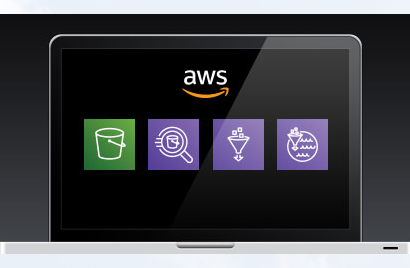Let’s start with the basics: “NoOps” is short for “No Operations,” and the concept refers to your IT department. The idea behind NoOps is to move your IT operations to a point of automation that requires a minimum of human intervention. The upside: faster operations and fewer errors—without the need for a dedicated
Read More“Encryptogeddon is coming for us all,” warned a 2022 article published by the Financial Times. This dramatic headline describes an eventuality in the world of IT: quantum computing. Quantum computers harness the power of quantum bits, or “qubits,” to make computations 158 million times faster than the fastest
Read MoreContainers: bundles of software that contain all the coding necessary to run apps anywhere, any time. Thanks to Kubernetes’ popular open-source container system, as of 2021, a whopping 96% of organizations said they were either using or evaluating the system. Why has the containers craze taken over the
Read MoreIf cybercrime were represented as a country’s GDP, it would rank third in a lineup of world economies, immediately after the United States and China, according to the 2022 Official Cybercrime Report. Leading researchers predict that cybercrime will cost $8 trillion globally this year, with losses reaching $10.5 trillion
Read MoreAcross the world and across time, the wisest humans have sung the praises of the “golden mean”: the middle path between two extremes. In ancient Greece, “Nothing in excess” was carved into the temple of Delphi. Socrates taught us to “choose the mean and avoid the extremes on either side.”
Read MoreRecognizing the benefits of cloud storage and computing, former U.S. Chief Information Officer Vivek Kundra made the groundbreaking decision
Read MoreIn May 2012, the President of the United States issued a bold challenge to federal agencies, challenging them to optimize their digital services in order to better serve taxpayers across the country. An excerpt of the memo read:
Read MoreTraditionally, organizations feel conservative and cautious about security. When companies and agencies first began making tentative moves to the cloud 15 years ago, security was one of their biggest concerns.
Read MoreThis post discusses the most common requirements of a data lake. Each section details the requirements followed by the technical implementation. If you are only interested in a particular requirement, directly jump to that section. An introductory read is [1] Benefits and concrete use cases of data lakes are discussed in.
Read More









